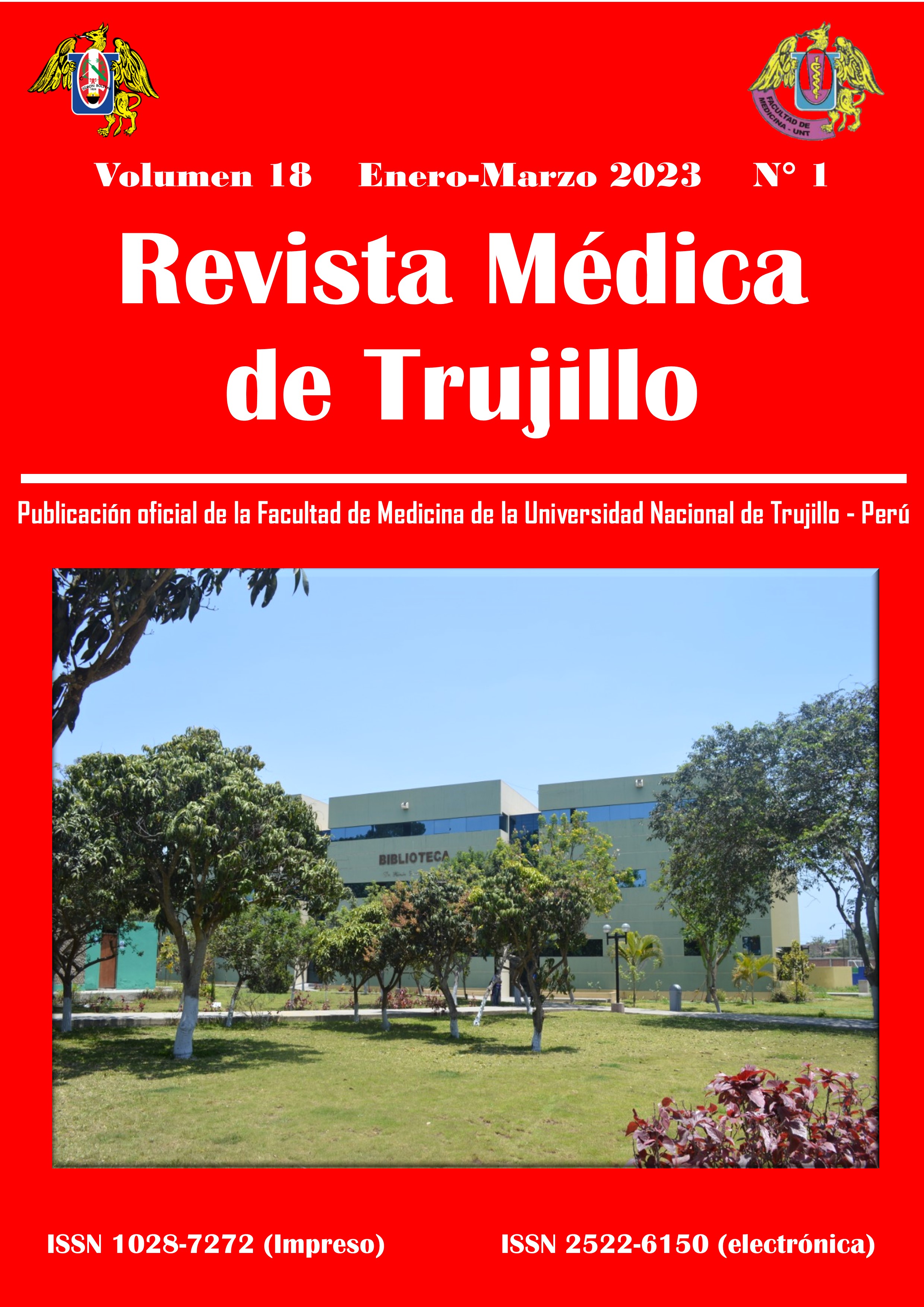La menopausia y el Alzheimer: una predilección hormonal
Menopause and Alzheimer´s: a hormonal predilection
DOI:
https://doi.org/10.17268/rmt.2023.v18i1.5257Keywords:
Alzheimer's, menopause, estrogen, nervous systemAbstract
Alzheimer's disease (AD) is a syndrome related to the deterioration of cognitive functions such as language, thinking, attention, memory and calculation; due to the loss of neurons, synapse connections, the presence of senile plaques and neurofibrillary degeneration. For its part, menopause is defined as the permanent cessation of menstruation involving what was found in the respective review, two thirds of the population with Alzheimer's disease are female and of these, 60% are postmenopausal and over 60 years, since the main risk elements for the development of AD is the APOEε4 gene, located in the CNS responsible for producing astrocytes and microglia. ApoE, a protein encoded by the gene, affects the uptake and oligomerization of Aβ, making the elimination of Aβ less effective and accelerating aging, expressed in the reduction of T cells, especially in menopausal women carrying APOEε4, who are more susceptible to developing AD. The article aims to link Alzheimer's disease to menopause
Published
How to Cite
Issue
Section
License

This work is licensed under a Creative Commons Attribution-NonCommercial 4.0 International License.















